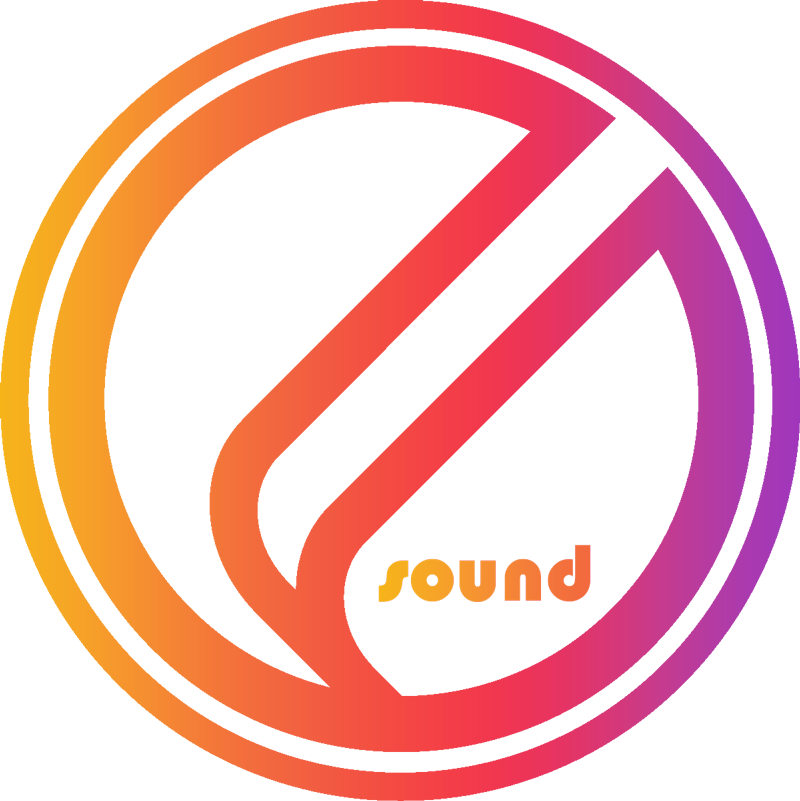DVS latency issues with Mac? Check your USB adapter
Have you been experiencing latency issues with Dante Virtual Soundcard on your Mac? Well…you’re not alone! I have been plagued with latency issues with DVS for what seems like forever. In an effort to troubleshoot I had gone through all the device settings in Dante Controller numerous times, changing every setting possible – including setting latency to the max 10ms. But to no avail, I would continue to get latency warnings. But that’s not all – I would experience packet loss, audio drops & time outs! Not acceptable!
Up until this year when I got my new M2 Max MBP, I had chalked this experience up to the Mac I was using as being older, and/or that there was just inherent latency issues with DVS as a whole. When these problems persisted on my new machine I took it upon myself to get to the bottom of it! After digging, I found Audinates FAQ -> Learning -> DVS -> DVS: USB Ethernet Adaptor Choice for macOS Systems.
Thats right… Audinate calls for a specific USB adaptor for Mac OS! I had no idea. I was using both a Belkin made adaptor sold right from the apple site, and a 6-in-1 usb C port by Anker, both rated at 1gbps.
from the Audinate website:
Generally, built-in Ethernet adaptors are recommended for use with Dante Virtual Soundcard (DVS). However, as some computers (such as Apple Macbooks) don’t provide built-in adaptors, an external USB Ethernet adaptor is required – the most popular type being USB-C.
USB Ethernet Standards
There are two main USB driver standards for Ethernet support: USB CDC-ECM (Ethernet Control Model), and USB CDC-NCM (Network Control Model), which is a newer and more advanced standard.
In the first model, USB CDC-ECM, audio packets arriving via the Ethernet adapter have to take a fairly complex route through the computer’s logical architecture (‘kernel space’ twice, and also ‘user space’) before arriving at DVS – and the same (but reversed) route when travelling from DVS to the adaptor.
In USB CDC-NCM, packets take a much more direct route (through kernel space once only), which is hardware-optimised – meaning the route is faster (enabling lower latency settings), and inherently more stable. Therefore, USB CDC-NCM adaptors are the recommended choice for use with DVS.
Adaptor Choice
Most 1Gbps USB Ethernet adaptors on the market today are based on the Realtek (RTL) 8153 chip, which only supports USB CDC-ECM.
Faster adaptors (supporting up to 2.5Gbps) are typically based on the Realtek (RTL) 8156 chip, which uses USB CDC-NCM – so we advise that you choose an adaptor that is based on the Realtek (RTL) 8156 chip.
Checking the Driver Used by Your Adaptor
To see which driver model your adaptor uses, open System Information for your computer with the adaptor connected. In the Ethernet section, you will see an entry for ‘Driver’. In the screenshot below, we can see that the adaptor uses the preferred USB CDC-NCM driver model (com.apple.driver.usb.cdc.ncm).

Packet Errors
We have seen network errors reported from adapters using the Apple USB CDC-NCM driver however, as long as you are not seeing high latencies or experiencing audio issues we believe these are errors are being falsely reported.
Who knew?? I sure didn’t. I took this newfound knowledge and did a search online for “Mac OS USB C Realtek 8156 NIC adaptors” and came across this Anker USB C to 2.5gbps Ethernet Adapter on Amazon. I’ve used it on a couple of shows and haven’t had any latency issues since!
I am not an Audinate engineer, but I suggest checking out your current Mac OS ethernet adapter and checking its settings as suggested from Audinate. You might find that swapping out your NIC solves your problems!
